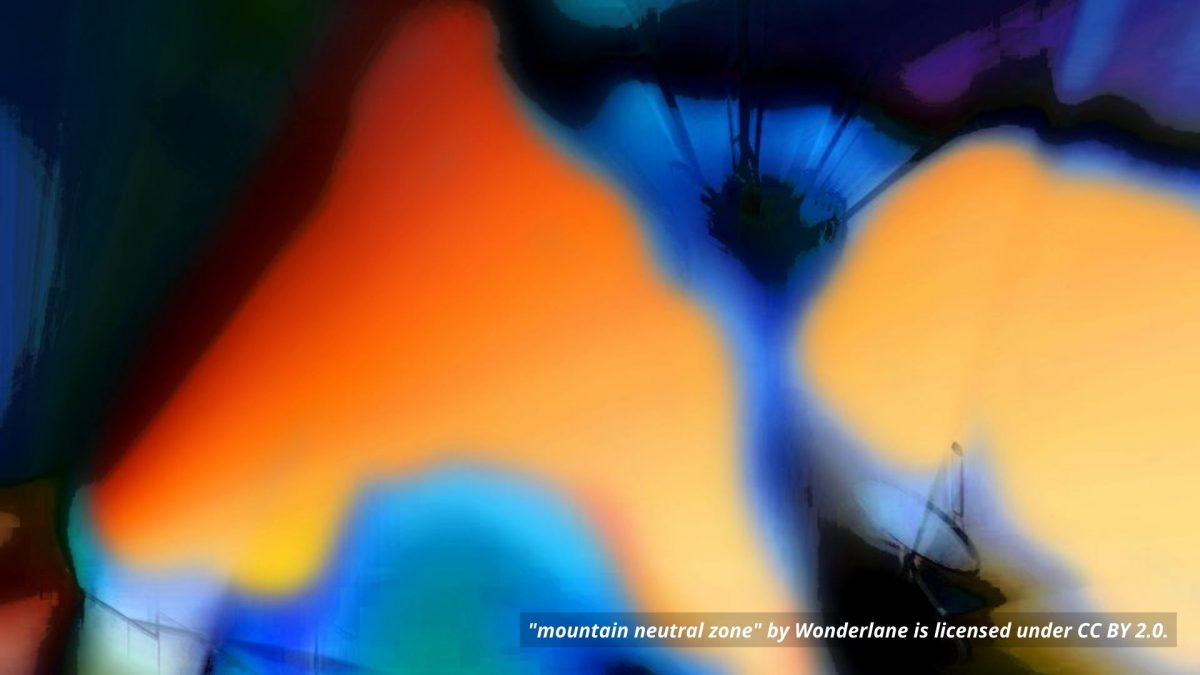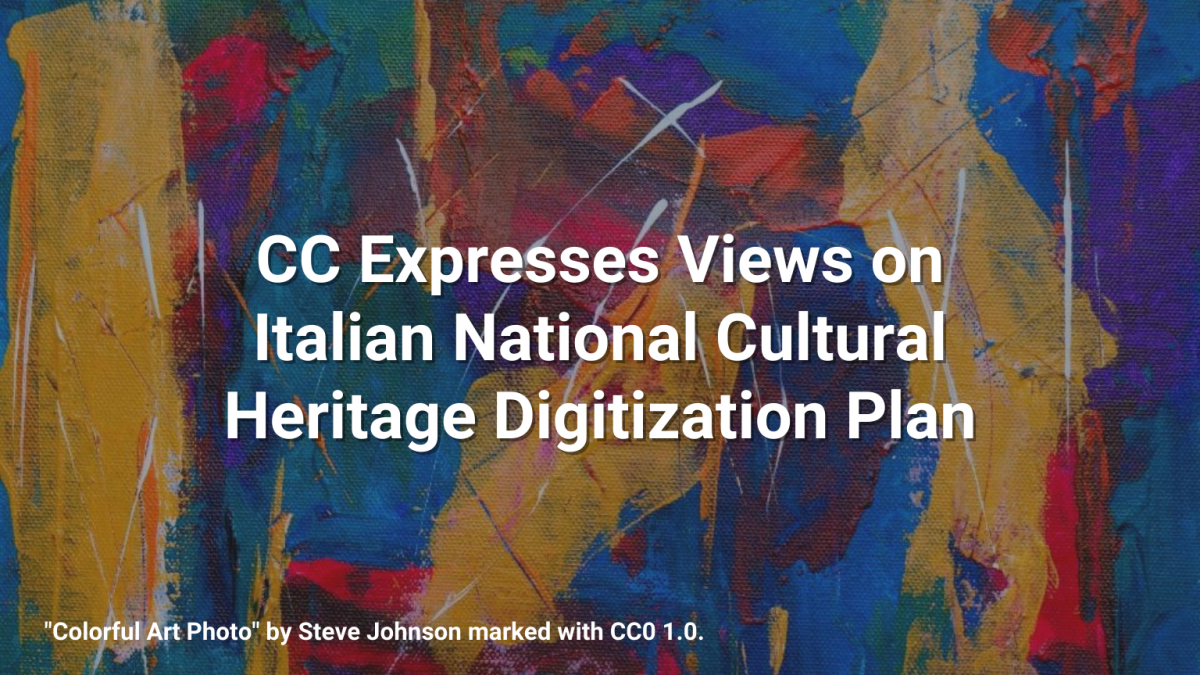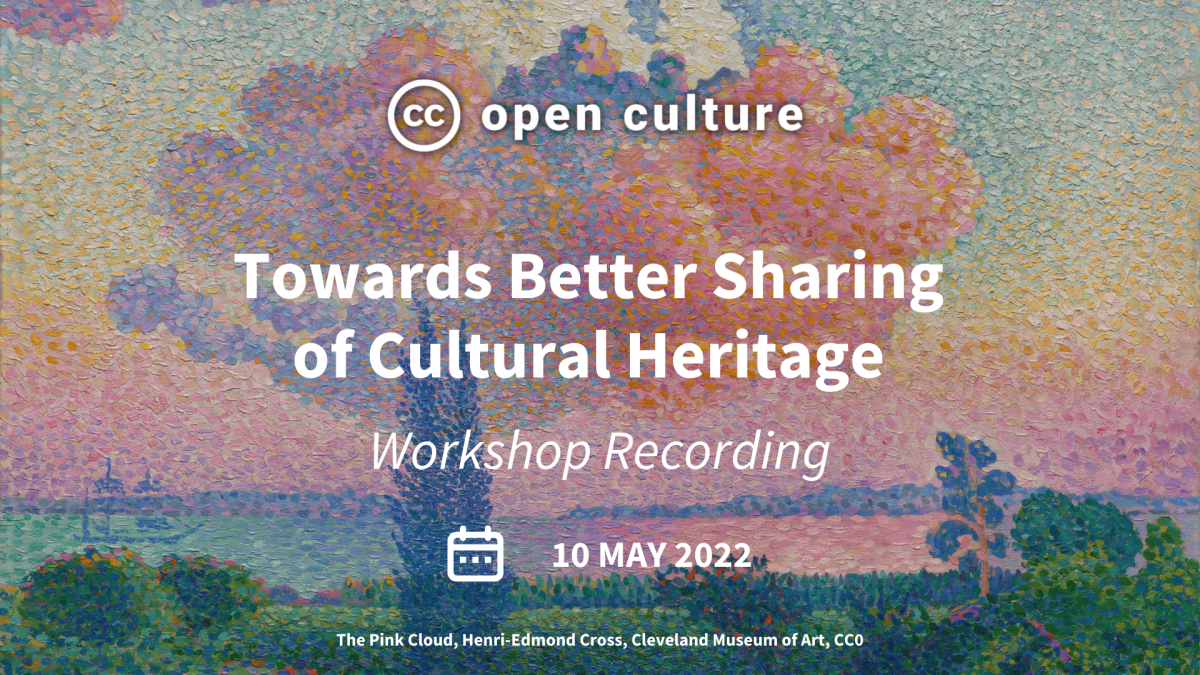Below is an update fromCreative Commons Indonesia, who recently worked with their national copyright office on proposed changes to law that will secure the ability of creators to use CC and other open licenses there.

In late 2014, Indonesia amended its copyright law to add several new provisions, including changes having to do with database rights, addressing copyright as an object in a collateral agreement, and making license recordation mandatory. The latter is something that could potentially be an issue with regard to the operation of Creative Commons licenses, as well as other open license in Indonesia.
“License recordation” means that licensors (even those publishing their works under Creative Commons) must report their licenses with the Indonesian Copyright Office. If a licensor does not comply with the requirement, the license that they applied on their work will not have any legal effect, and will not be enforceable against third parties. This provision is stated inArticle 83 of Law Number 28 year 2014:
- Everylicense agreements has to be recorded by the Ministry in the general list of Copyright License Agreement with payable fees;
- License agreements which are not in compliance with the license agreementcriteria according to Article 82 cannot be included in the general list of Copyright License Agreement;
- If a license agreement is not recorded in the general list of CopyrightLicense Agreement, such unrecorded license agreement will not have any legal effects, and thus not enforceable against third parties;
- More detailed provisions on license agreement recordal will be regulated under a Government Regulation.
The Creative Commons Indonesia team realized that this provision could possibly complicate the applicability of open licenses under the copyright law. We know that creators publishing under CC do it because the licenses provide an easy and standard way to share creativity with the public, while at least retaining the right to be attributed as the author of the work. The updated Indonesian law would create an artificial barrier to sharing under CC, because it would require licensors to take an additional step in letting the Copyright Office know which of their works are under an open license.
We began to explore the possibility of requesting an exception to the rule for Creative Commons’ licensed works. When we found out that the discussion regarding the regulation had started, we visited the Indonesian Copyright Office. Our aim was to exclude open licenses from the license recordal mandate, ensuring the operation of Creative Commons and other open licenses as they are intended.
On May 23, 2016, we met with the Indonesian Copyright Office, where we were informed that there has been a discussion on the license recordal mandate by the drafting committee, and that open licenses would not be excluded from the license recordal obligation. On September 21, we had another meeting with the Office, where we were asked to provide a written explanation of the operation of open licensing, along with examples of CC licensed materials.
一周后,我们带着一份解释的草稿回来了,并向版权局寻求反馈和问题。第二天,我们向办公室提交了书面请求,并通过起草一封信的方式获得了其他Creative Commons附属机构的支持,以防我们的请求被拒绝。卡塔尔vs葡萄牙分析We planned to send out the letter of support from CC affiliates to the drafting committee as our backup plan..
However, on November 1, the Copyright Office informed us that Creative Commons licenses and other open licenses in use in Indonesia will be excluded from the license recordal mandate. The drafting committee agreed to exclude those from the regulationbecause they understand that open licenses are often used in for non-profit purposes. This decision will be included in the preamble of the government regulation, which is still in the drafting process, but will be finally enacted in December 2016 or January 2017.
Screwdriver And WrenchbyTo Uyen,CC BY 3.0 US
CopyrightbyMarek Polakovic,CC BY 3.0 US




